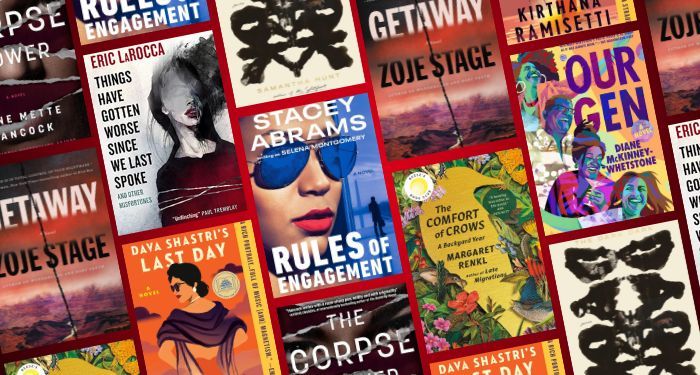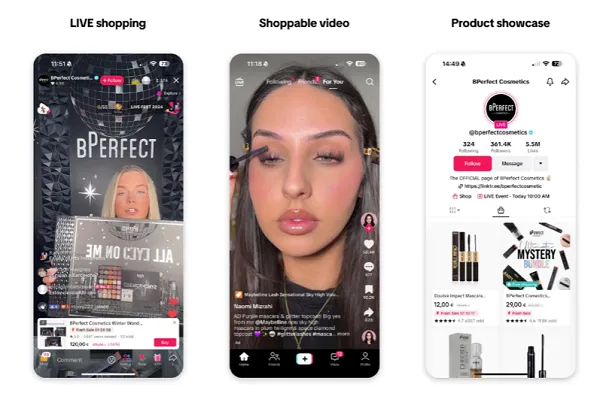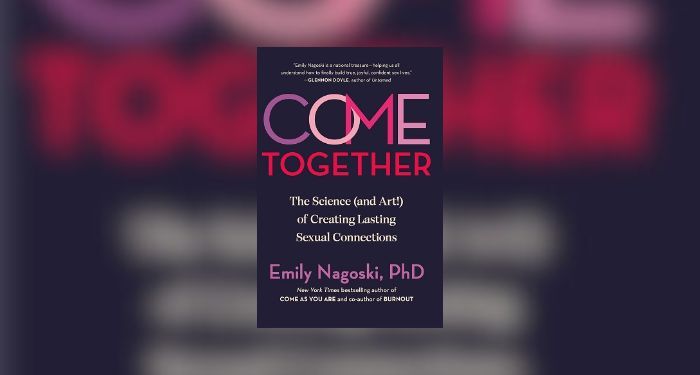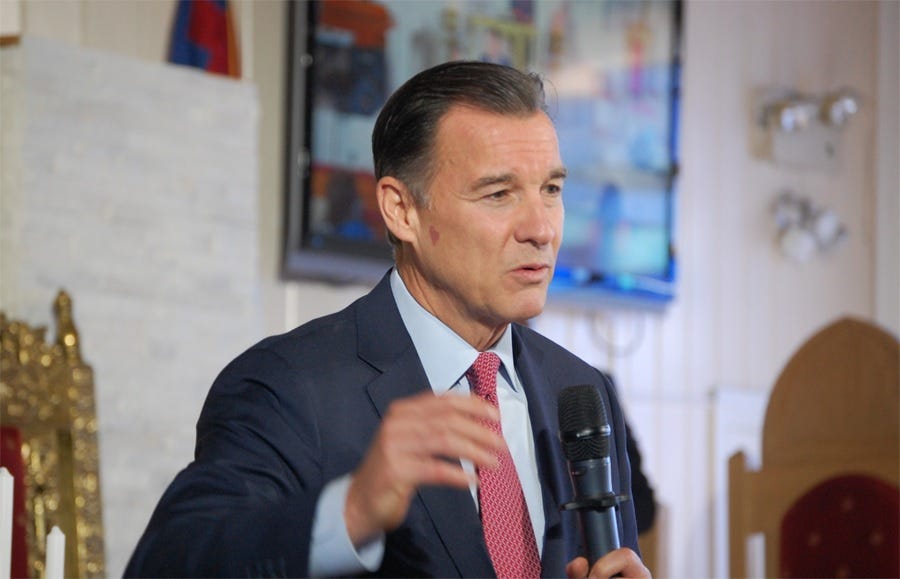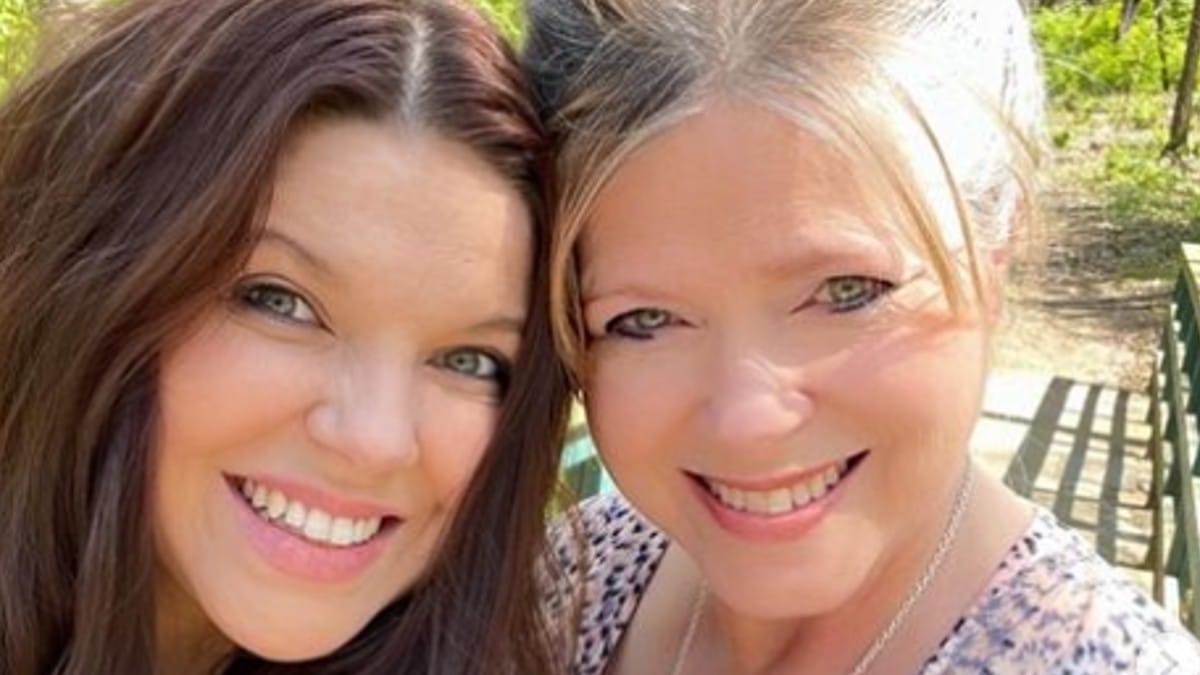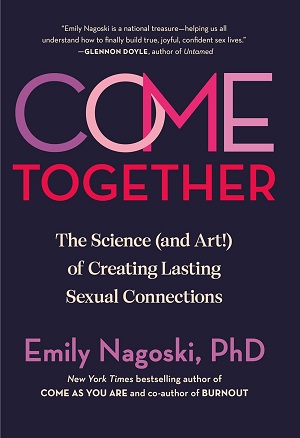

Come Together: The Science (and Art!) of Creating Lasting Sexual Connections by Emily Nagoski, PhD
I used to be a sex educator, and so I’m incredibly picky about the sex and intimacy information that I trust. Dr. Emily Nagoski’s work is definitely work I can get behind. Her work is science-based (yay!), and she writes and educates in a way that is both compassionate and accessible. Her book Come As You Are offers such an excellent framework for looking at the sexuality of cisgender women.
While she was writing Come As You Are and then publicizing it and going on tour and giving talks, her sex life with her spouse was practically non-existent. She was writing a lot about sex and talking a lot about sex and actually having very little of it. There is absolutely nothing wrong with having little or no sex if that is what you like, but in Dr. Nagoski’s case, she actually wanted to be intimate with her partner, and it just wasn’t happening much. This is a position that a lot of folks in long-term relationships find themselves in, both straight and queer. So, Dr. Emily Nagoski did what she does and took a look at the existing literature and advice; and it all ranged from not-helpful to flat-out incorrect. A lot of the advice out there is about spicing things up and novelty and variety, and when it comes to a sustainable, lasting sexual connection, this advice misses the mark.
Through this book, Dr. Nagoski takes us on a journey of exploring first the question: is having sex something important to the reader and their long-term partner or partners or spouse? Sex is not a necessity, and no one will die if they don’t have sex with another person. It is, or should be, something that people do because they want to. Then she gets to her primary recommendation: Center pleasure. The rest of the book explores how to do that, including how to create a context with your partner where pleasure is possible, and how to navigate your internal emotional floor plan so that pleasure is more accessible. Dr. Nagoski recognizes we don’t live in a vacuum, so she also writes about all the external factors that get in the way of cultivating and experiencing pleasure, like gender norms and expectations, heteronormativity, and traumatic experiences.
I love how this book is rooted in research and conversations with real people. It makes it more accessible and realistic and relatable. If you are in a long-term relationship, then this book might be helpful to you.










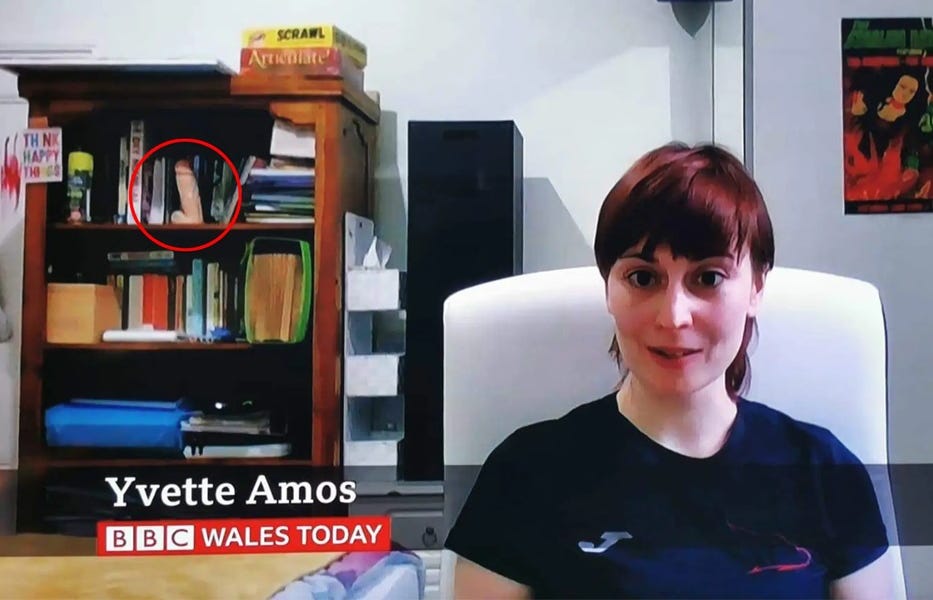


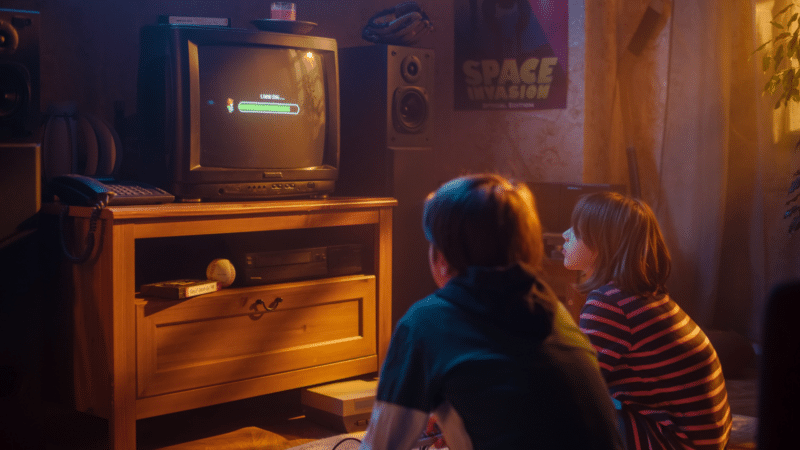








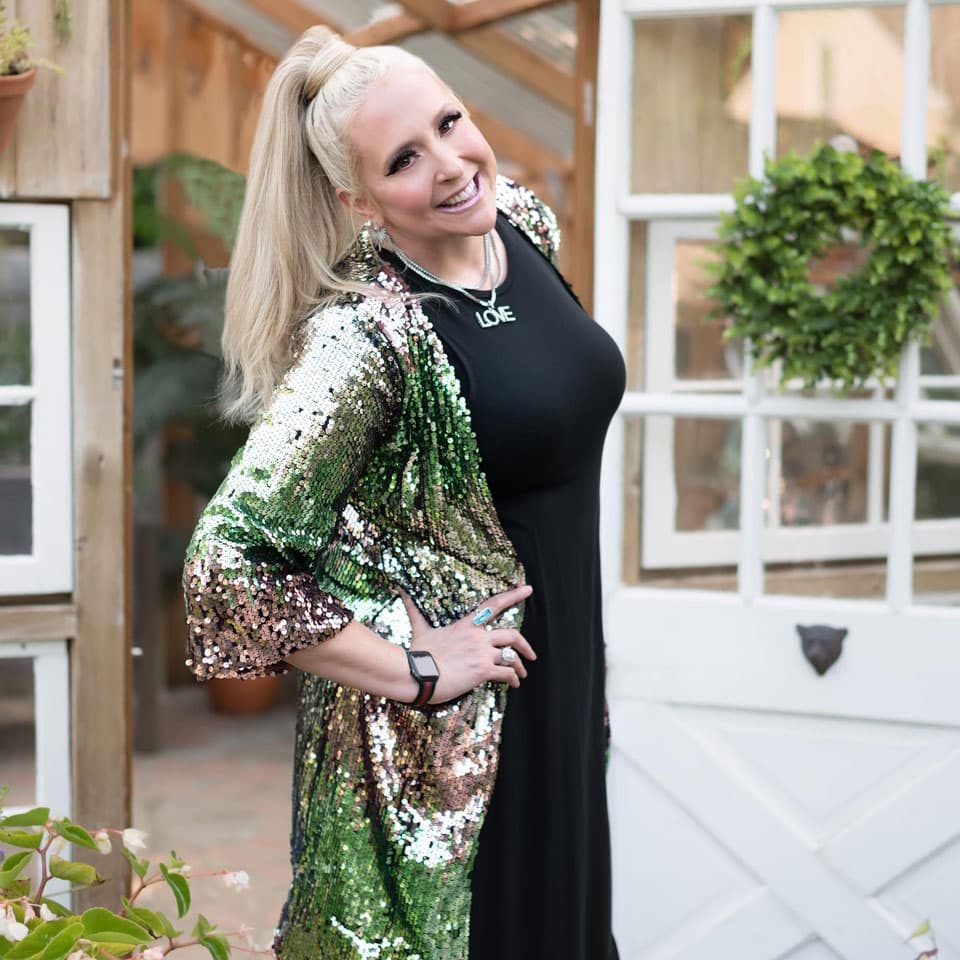















![Spider-Man Is Back in Black With the Green Goblin in New Funko Pop! Figures [Exclusive] Spider-Man Is Back in Black With the Green Goblin in New Funko Pop! Figures [Exclusive]](https://static1.colliderimages.com/wordpress/wp-content/uploads/2025/03/spider-man-the-animated-series-green-goblin.jpg)













